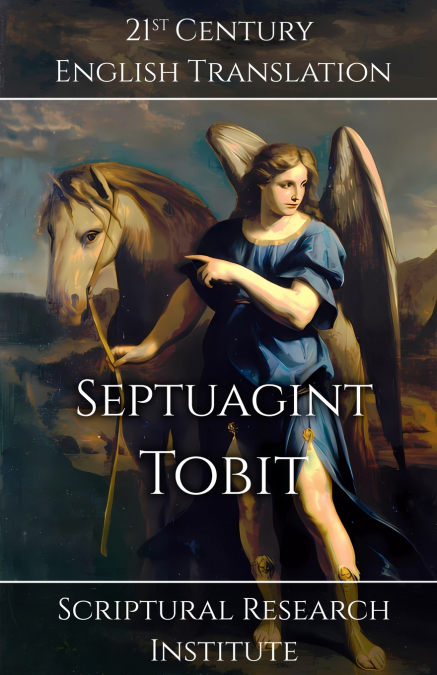
Scriptural Research Institute
The differences between the Vaticanus and Sinaiticus versions of Tobit are too extensive to treat the books as the same book, however, their story is essentially the same. The two books must have had a common source, however, the Sinaiticus’s version is over 20% longer than the Vaticanus’s version, and appears to be an older version of Tobit. One of the reasons that the Book of Tobit is interpreted as fiction, is the existence of historical errors and anachronisms found in the Vaticanus version, which includes the Babylonian king Nebuchadnezzar and the Persian king Ahasuerus jointly destroying Nineveh, the capital of the Assyrian Empire. Nineveh was sacked by Babylonian King Nabopolassar in 612 BC, along with Median and Persian allies, led by the Median King Cyaxares, who then integrated the city into his Median Empire. Nabopolassar’s son Nebuchadnezzar, who assumed the throne in 605 BC, finally conquered the remnants of the Assyrian forces in Syria at the Battle of Carchemish that same year, however, he did not attack or destroy Nineveh. Meanwhile, the name Ahasuerus (Ασυηρος) was the Aramaic name of Xerxes, the Persian king who ruled between 486 and 465 BC.These anachronisms are not found in the Codex Sinaiticus’ version, which does not mention either king, but gives credit to King Achiacharos of Media, which is likely an attempt to transliterate the Median name of King Cyaxares into Aramaic. Cyaxares’s Median name was Uvaxshtra, however, it was transliterated several ways into the languages and scripts of the day, including the Assyrian and Babylonian Umakishtar, and the Phrygian Ksuwaksaros, and the Greek Cyaxares from which the modern English name is derived. The Sinaiticus version of Tobit describes King Achiacharos as conquering Nineveh and integrating it into his Median Kingdom, which, was done by King Cyaxares according to the Median, Persian, Babylonian, Egyptian, and Greek records from the era, and so, even if the origin of the name is disputed, the person described in King Cyaxares. There are several differences between the Vaticanus and Sinaiticus versions that point to the Sinaiticus version being older, and that point to the Vaticanus version being a later translation created in Alexandria, likely from an Aramaic early-Jewish redaction of the original Aramaic version.